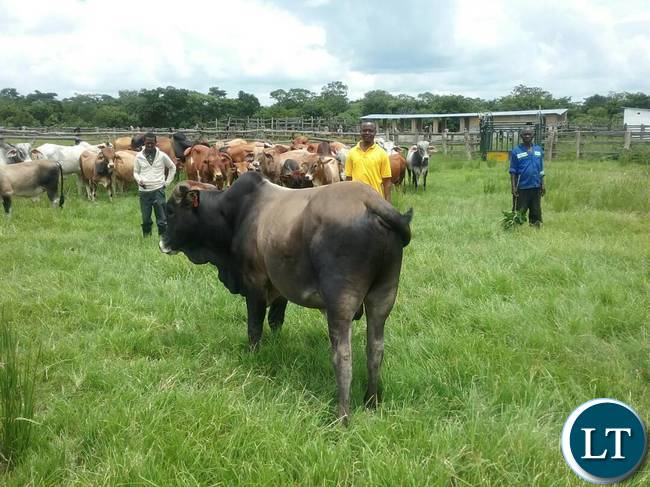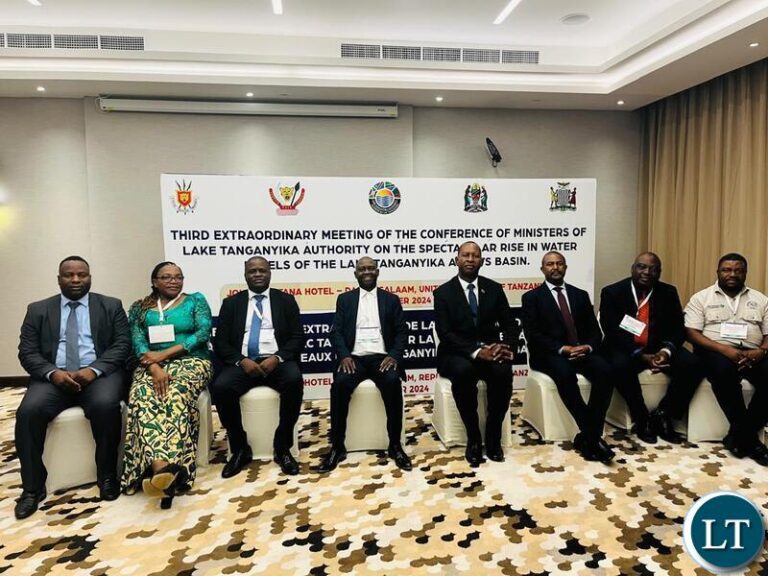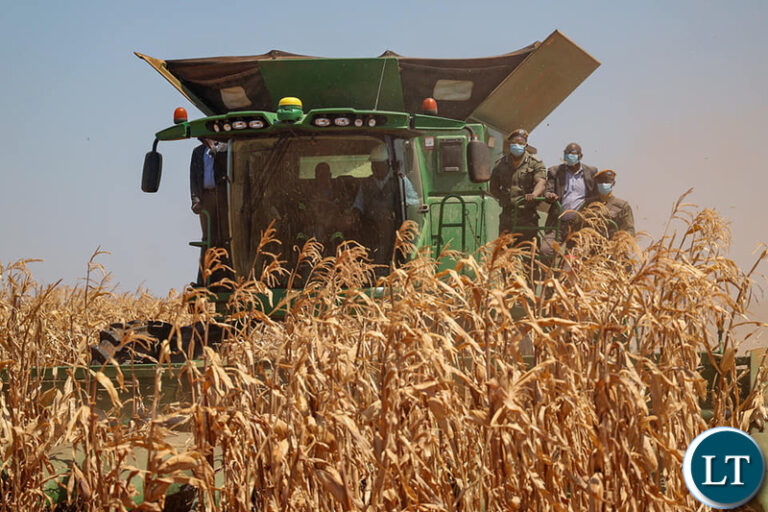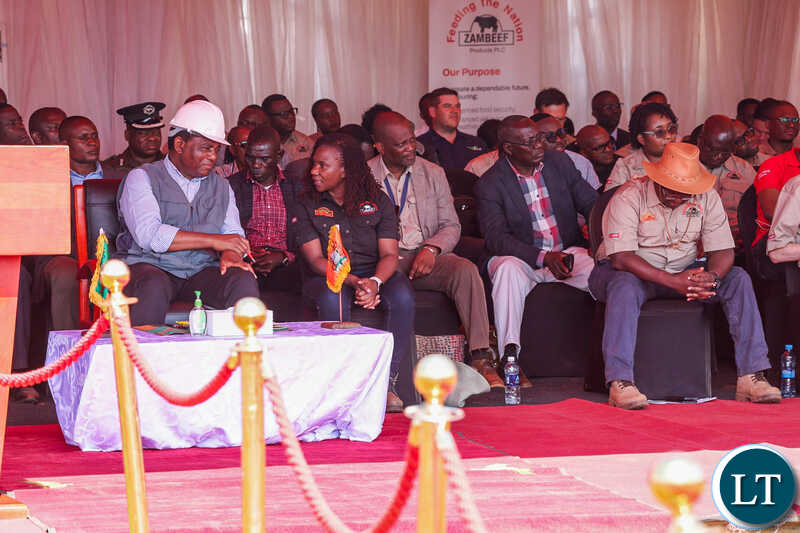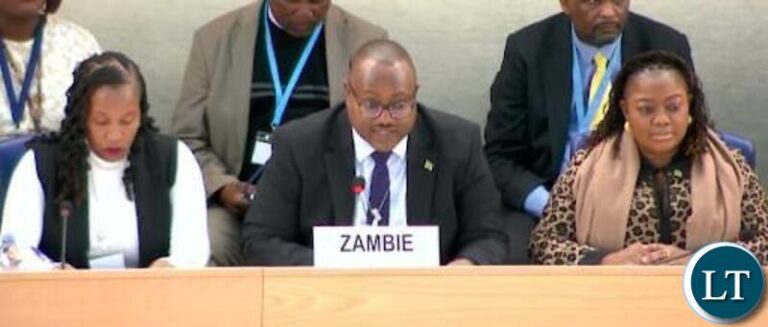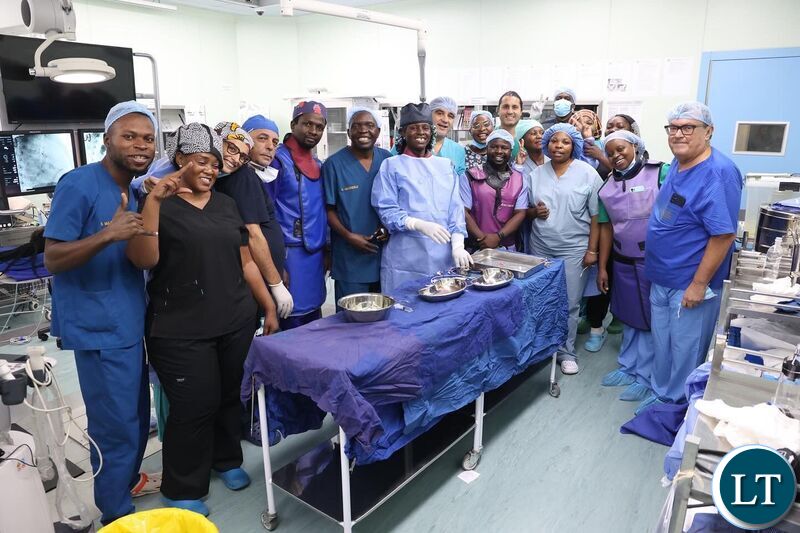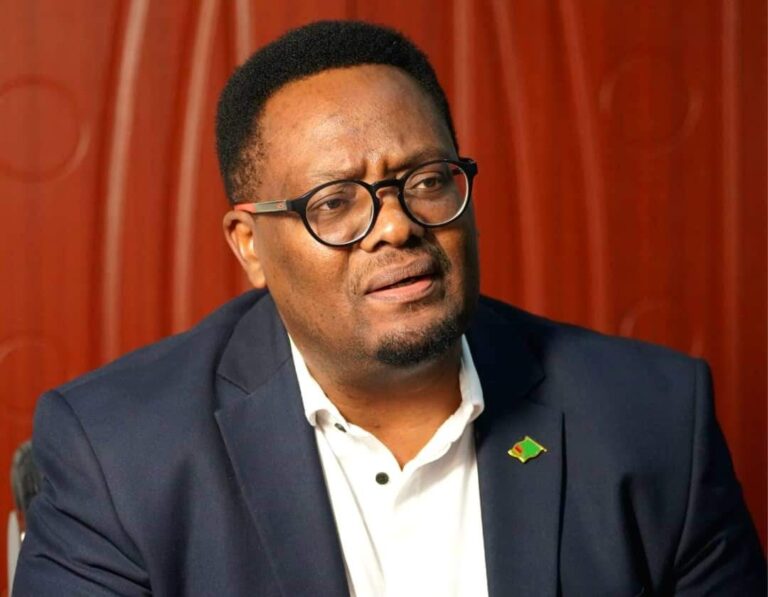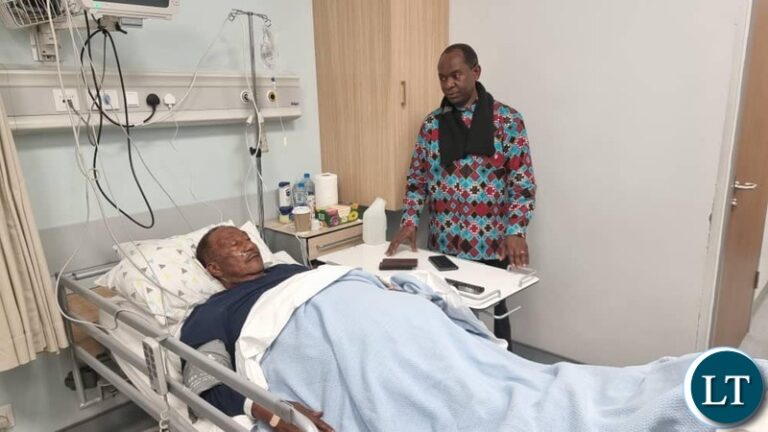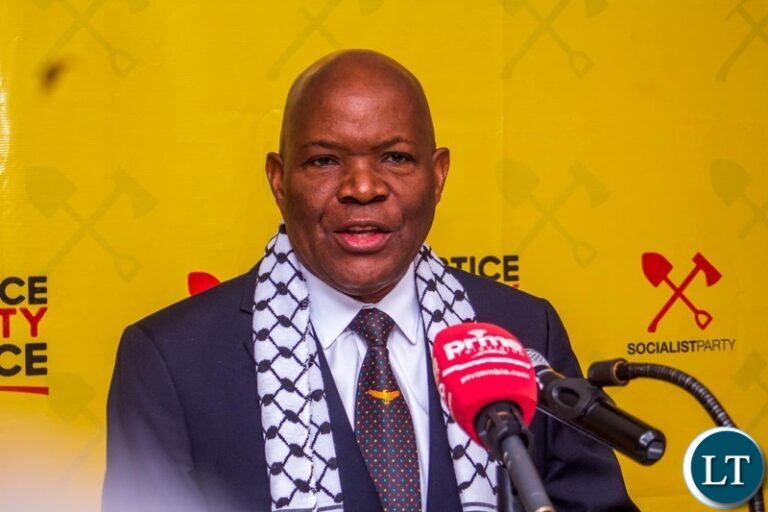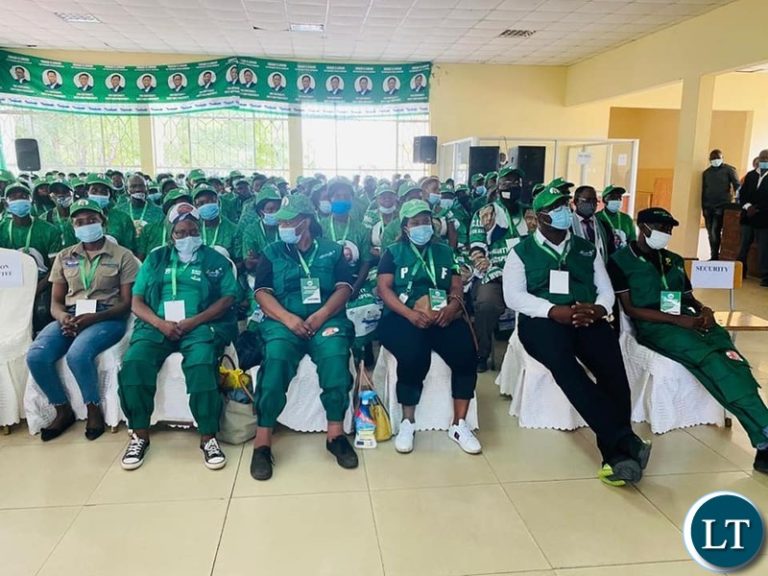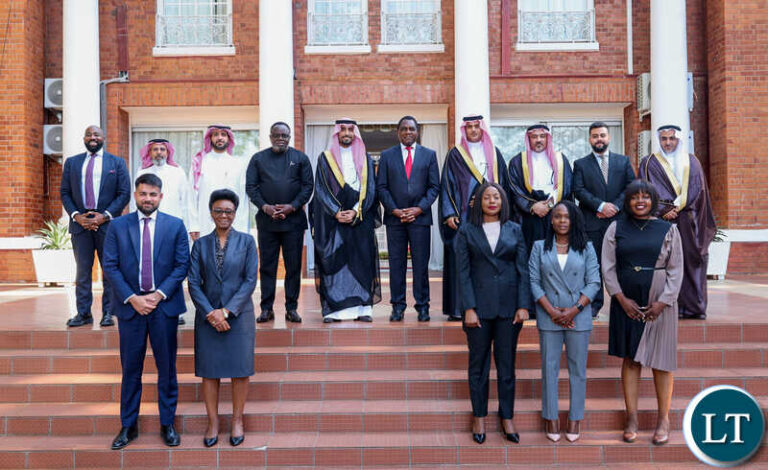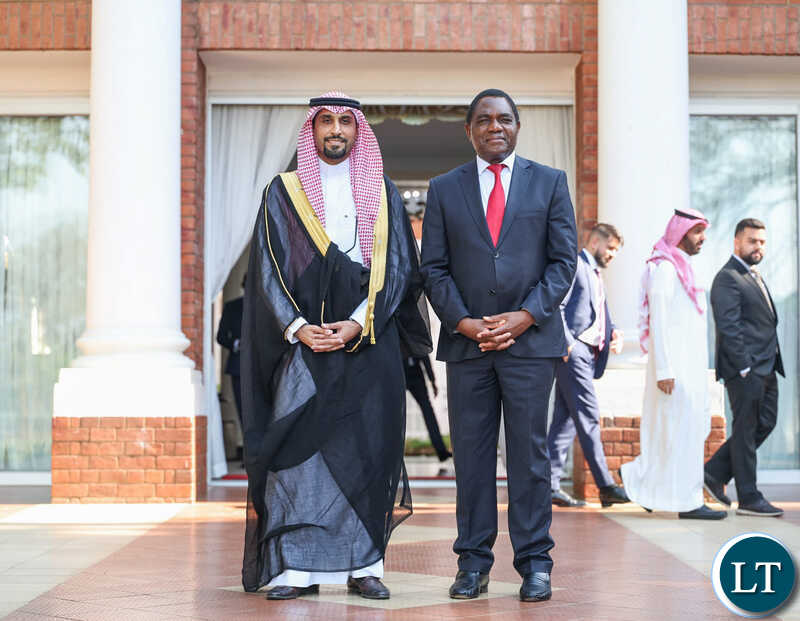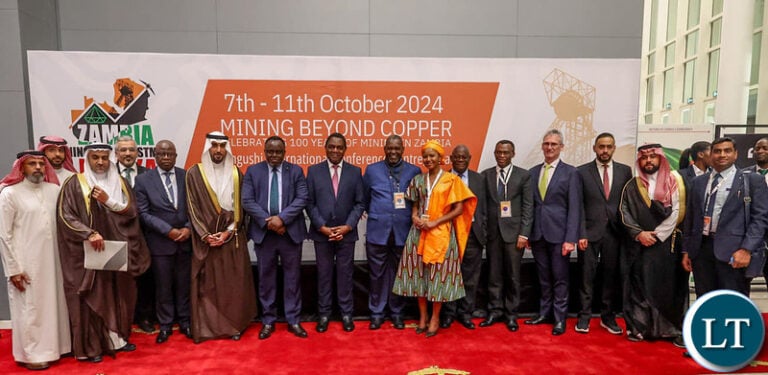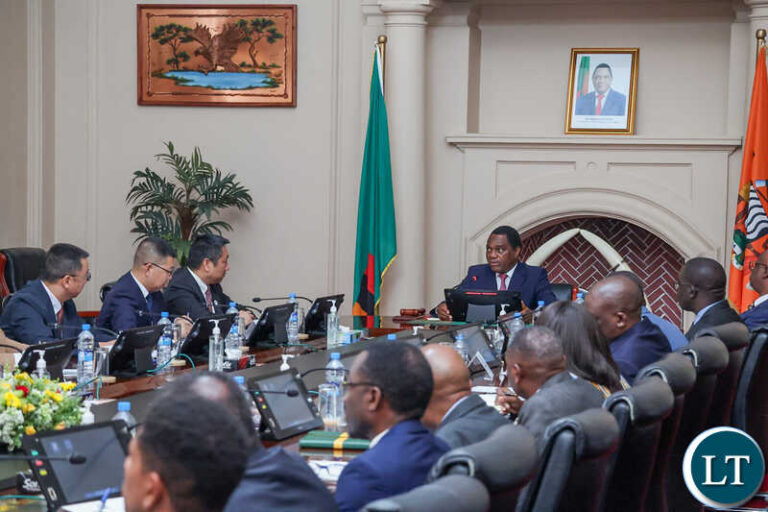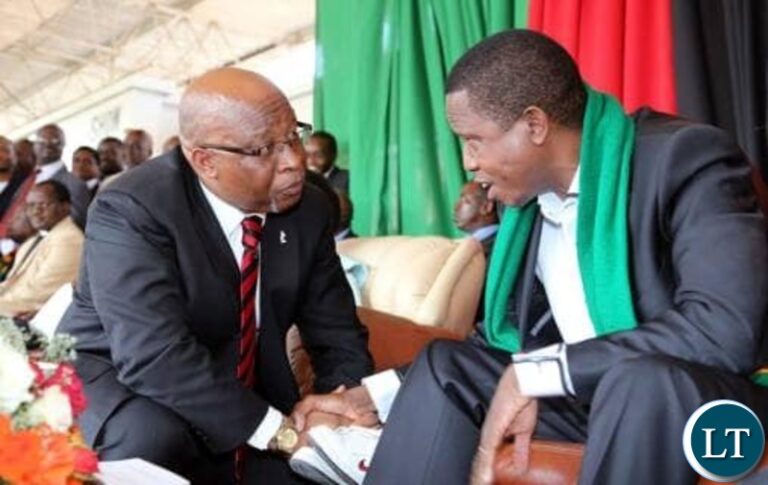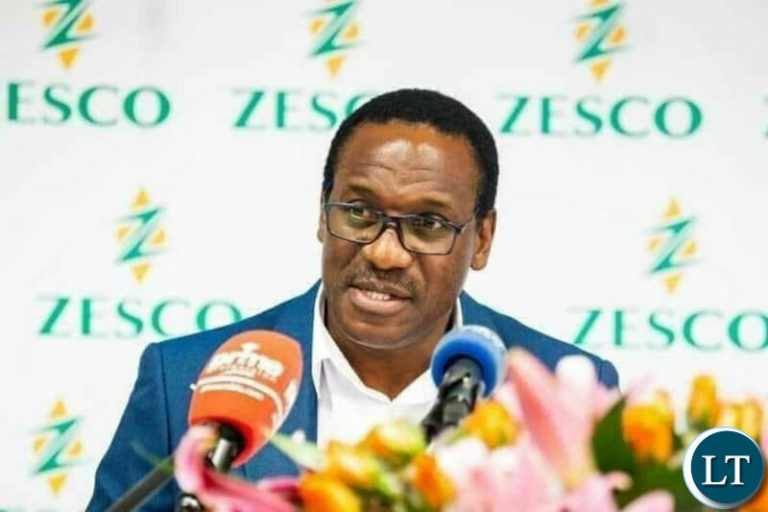Zambia addressed the 79th Session of the United Nations General Assembly (UNGA) without mentioning human rights, a notable omission given the current climate in the country. This decision deserves a debate: was it the right thing to do?
On Thursday, August 29, the United Nations Human Rights Council (UNHRC) published a report on its website titled “Zambia Must Halt the Downward Spiral of Infringements on Fundamental Freedoms: UN Experts.” The report, authored by special rapporteurs on the right to peaceful assembly and association, the working group on arbitrary detention, the special rapporteur on the promotion and protection of the right to freedom of opinion and expression, and the special rapporteur on the situation of human rights defenders, highlights serious allegations of human rights abuses in Zambia.
This report has been a source of relief and motivation for many pro-good governance and human rights advocates in Zambia, as it validates their longstanding concerns and indicates that the international community is paying attention.
The report details multiple allegations of arbitrary arrests and detentions on charges such as unlawful assembly, espionage, hate speech, and seditious practices. These charges have been levied against opposition political party leaders and members, parliamentarians, human rights defenders, and activists. Additionally, there have been restrictions on gatherings, meetings, peaceful protests, and rallies.
Since January 2022, at least 26 such cases have been brought to the attention of UN experts. Furthermore, since December 2021, there have been reports of 16 incidents involving journalists or media outlets, as well as 11 clashes, attacks, and cases of intimidation and assault, mostly perpetrated by ruling party members against opposition party members and supporters.
The church has also been affected, with reports of clergy arrests and disruptions of meetings by law enforcement.
The United Party for National Development (UPND) government has claimed inaccuracies in the UNHRC report. On Sunday, September 2, 2024, Chief Government Spokesperson Hon. Cornelius Mweetwa M.P. informed the nation that the government plans to file a formal complaint with the UNHRC regarding these allegations.
“If you take those allegations one by one, you are able to speak to them and see whether the allegation is correct,” Mweetwa, who is also the Information and Media Minister, stated in an interview with Voice of America (VOA) Nightline Africa English to Africa Service couple days earlier. Regarding clergy arrests, Mweetwa told host Peter Clottey that there is no known record of such arrests under the three years of President Hakainde Hichilema’s administration.
On incidents involving journalists, media outlets, clashes, attacks, and cases of intimidation and assault, mostly perpetrated by ruling party members against opposition party members and supporters, Mweetwa expressed shock at where the UN experts obtained such information.
“There is no single journalist in Zambia who has been intimidated or arrested by supporters of the ruling party,” the Chief Government Spokesperson argued. Critics, however, were quick to remind Mweetwa that evidence of human rights abuses in the country is too evident, fresh, and numerous for the new dawn administration to act defensively.
On August 21, 2024, the Committee to Protect Journalists reported the case of Thomas Allan Zgambo, a journalist in Zambia facing prison over his reporting. On August 6, Zgambo was arrested on allegations of publishing seditious material, which under Zambian law includes content advocating for the overthrow of the government or raising “disaffection” among the public. This arrest followed his July 28 commentary on the Facebook page of the online news outlet Zambian Whistleblower, which called on the government to be transparent about any links between a property it had rented and President Hakainde Hichilema, according to the Committee to Protect Journalists (CPJ).
On April 7, 2024, police in Ndola summoned a Catholic priest for questioning after he preached against load shedding and the high cost of living during his Good Friday message. In a call-out notice signed by Detective Inspector P. Chisala, the police demanded that Father Chewe Mukosa report to the Investigations Office at Copperbelt Division Headquarters in Ndola, according to Lusaka Times.
These incidents are just a few examples of the numerous human rights abuses reported in Zambia. On Saturday, September 28, 2024, Minister of Foreign Affairs and International Cooperation Hon. Mulambo Haimbe SC, M.P., addressed the 79th Session of the United Nations General Assembly on behalf of President Hichilema. The theme was “Leaving no one behind: Acting together for the advancement of peace, sustainable development, and human dignity for present and future generations.”
However, Hon. Haimbe avoided mentioning human rights. Standing before an almost empty UN hall, Hon. Haimbe appeared uneasy, though he maintained good eye contact for someone addressing the assembly for the first time. Despite the trending nature of the issue, human rights failed to secure a place in his address. Was this the right decision?
By Venus N Msyani


